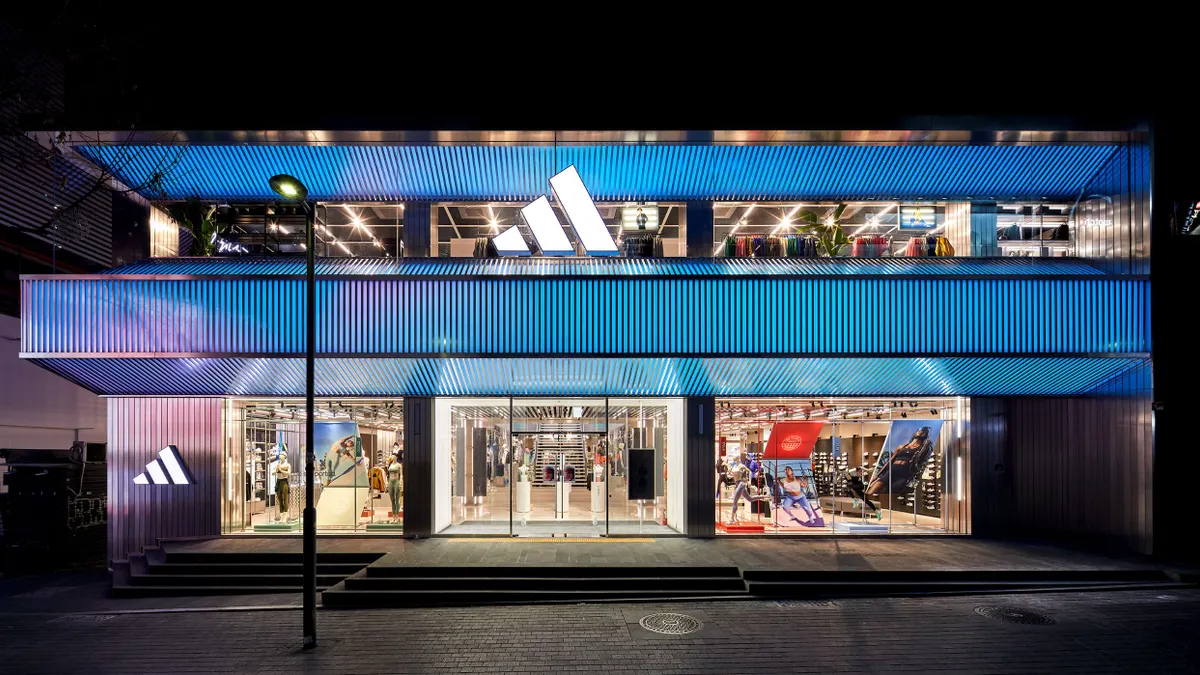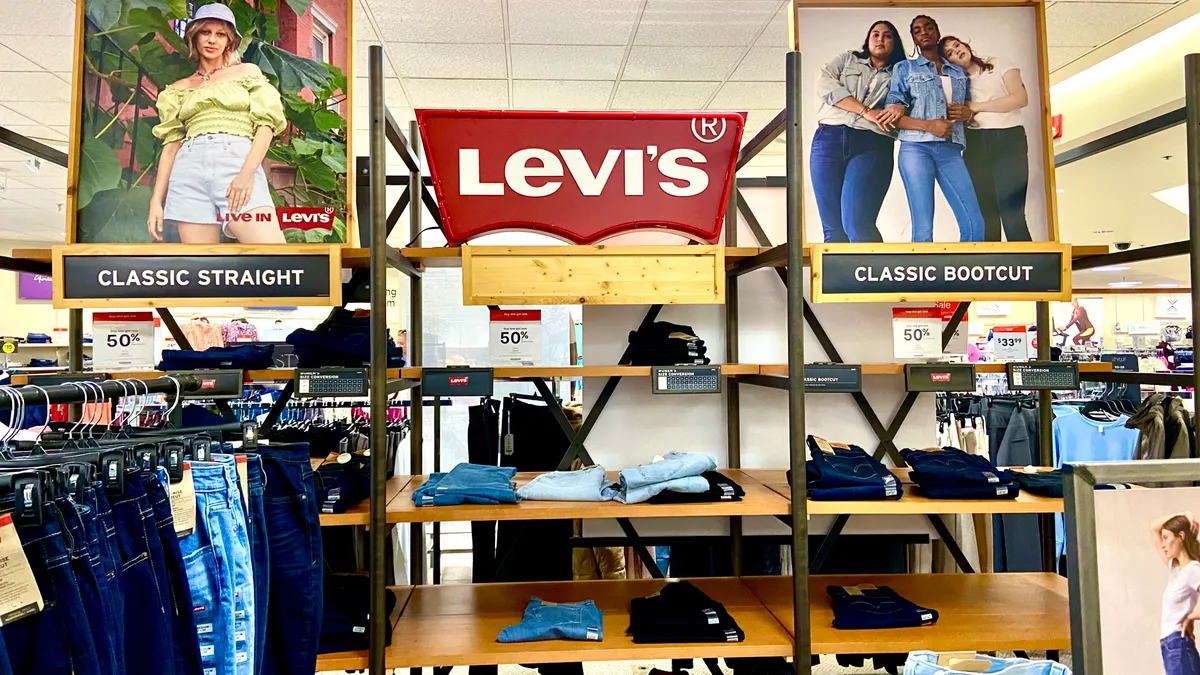The divergent fortunes of two major American toymakers, Hasbro and Mattel, demonstrate how the fallout from the disintegration of the blockbuster retailer in the segment, Toys R Us, is hardly over.
Hasbro shares early Friday plunged more than 10% after the toymaker, which sells popular brands like Nerf, My Little Pony, Transformers, Play-Doh and Monopoly, reported that fourth quarter net revenues fell 13% to $1.39 billion while net earnings rose to $8.8 million from its $5.3 million loss in the year-ago quarter. Mattel had a better day, with shares rising after its Thursday report that, while fourth quarter net sales fell 5%, it managed to boost its adjusted operating income into the black by $276 million to reach $113 million.
The toymakers did have more outlets this year, mitigating Toys R Us' absence in most parts of the globe (some operations remain in Asia). Mass merchants, department stores and specialty players all moved posthaste to fill the void. Walmart, Target, J.C. Penney and Kohl's all said they were increasing their toy assortment ahead of the critical holiday shopping season. Kroger even tried to capitalize on lingering nostalgia for the toy seller, featuring the famous Geoffrey the Giraffe among its toy offering.
But both also noted the hits they took from the disappearance of Toys R Us, which colored not just their most recent quarter but their entire 2018 (this doesn't come as a surprise considering the importance of the holidays for their sales). Mattel's annual gross sales were down 8%, reflecting a negative 6% impact from the toy retailer's liquidation, while Hasbro's Toys R Us-related hit to profits reached $52.8 million.
In his statement on Friday, Hasbro CEO Brian Goldner sought to reassure investors, calling the situation "an unprecedented yet finite event."
"2018 was a very disruptive year, driven by the bankruptcy and liquidation of Toys'R'Us across most of the world and a rapidly shifting consumer and retail landscape," he said. "During 2018, we diversified our retailer base, meaningfully lowered retailer inventories and delivered innovative new offerings to our global consumers. We were not, however, able to recapture as much of the Toys'R'Us business during the holiday period as we anticipated as the effect of its liquidated inventory in the market was more impactful than we and industry experts expected."
Outside research affirms it's likely true that the companies' problems are finite, at least as they relate to Toys R Us. After four-straight years of growth, toy sales in the U.S. last year fell 2% to $21.6 billion, from $22 billion in 2017, according to The NPD Group.
But that's pretty good, considering the loss of a channel as major as Toys R Us, according to Juli Lennett, NPD vice president and industry adviser of toys. "Overall, a 2% decline is a solid performance after such a significant shift in the retail landscape," she said in a statement. "It's also worth noting that annual 2018 sales are slightly higher than 2016, which experienced mid-single digit growth."
Mattel's superior performance depends greatly on moves it's made to cut costs. The company began trimming its operations in 2017, and last year slashed 2,200 jobs and closed down its New York office. But it's also benefiting from the endurance of two of its iconic toys — Barbie and Hot Wheels. Barbie gross sales in the quarter rose 12% year over year, the 60-year-old doll's fifth-straight quarter of growth and her highest full-year gross sales in the last five years, Mattel said.
Its Hot Wheels brand's fourth quarter gross sales, meanwhile, rose 9% and reached its own highest full-year gross sales in its history. Both Mattel brands, which are also escaping trade difficulties with China because neither is sourced there, according to Wells Fargo analysts, were featured on NPD's list of the 10 top selling toys ranked by absolute dollar growth. Hasbro's Nerf brand appears farther down on that list, and its Marvel toys benefit from strength measured by NPD. Wells Fargo analysts on Friday, however, said that they are "concerned about NERF growth and 'superhero genre' saturation."
In another client note emailed to Retail Dive, Wells Fargo expressed confidence in Mattel's turnaround. "We expect progress in 2019 and believe the transition should be largely complete by 2021," analysts wrote, although they noted that "Trade tensions have likely slowed nearterm progress in China," where Mattel hopes to grow sales.
While Mattel and Hasbro this week showed they're on starkly different paths to success in a post-Toys R Us world, neither is out of the woods. There are pressures beyond the limited repercussions from Toys R Us' downfall: The growth of toy revenue has turned negative over the last several years as more kids turned to devices for entertainment, and market research firm IBISWorld estimates that toy retail sales fell 0.8% between 2013 and 2018, and predicts that it will decline 1.1% over the next five years.





















